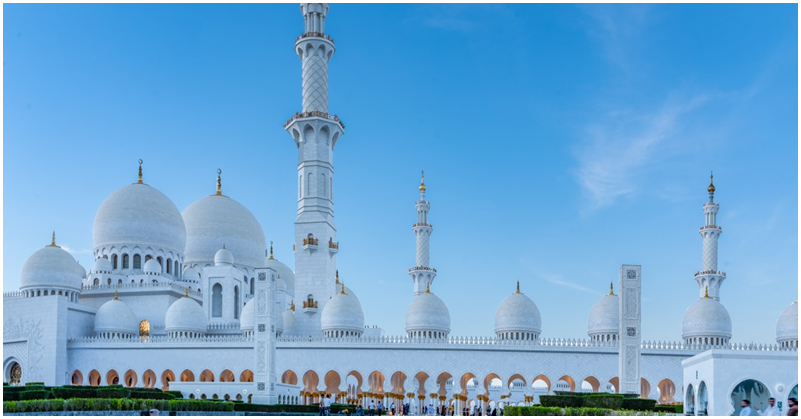For most of us living outside of the region, the Middle East can seem like an intimidating, dark place to visit at any point in our lives.
ALSO READ: 5 Tips when Travelling to the Middle East during Ramadan
But the fact is, many people from all over the world visit the Middle East for any number of reasons including family visits, business engagements, as well as heritage to religion. While some would just like to explore what the region has to offer; others target to work and relocate in the region, after realizing a single visit is just not enough to see the potential of what this amazing part of the world has to offer.
6 Tips for Traveling in the Middle East
So whether you’ve heard of harsh stories of political dissent, religious conflicts, human rights oppression, terrible climates, and outright cultural difference – many countries in the Middle East are great places to visit in their own right, what with the warmth of the people – many of whom are welcoming and more than happy to showcase their homelands to those who are willing to experience their culture and learn more about it.
And on that note, here are a few reminders and/or tips to take note of before your visit in any of the countries in the Middle East:
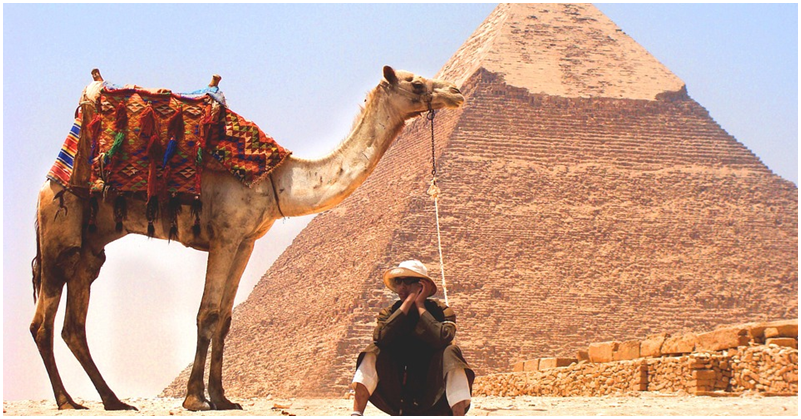
- Each country has its own unique ‘colours’ and identity.
First up on this list, is that we have to dismiss the idea of the Middle East as one chunk of land with one culture that is all the same. Remember, there are several countries in the region with their own unique history, culture, and often, with their own religious practices (if not distinct variations to them), and languages as well.

- Dress appropriately (if not more on the conservative side).
And while no two countries in the Middle East are one and the same, as a form of respect to their local culture, it’s important that we always keep in mind to dress conservatively. Of course, for non-Muslims, this does not mean wearing a hijab or abaya, or other specific types of clothing for men and women, but it does emphasize the need to cover up. For example, low-hanging jeans that slide down when you sit or bend over are definitely unacceptable for both men and women in the region, as do wearing sleeveless tops. Shorts, especially for women are out of the discussion, as well. While it may be hot, but these pieces of clothing will surely be frowned upon in terms of social expectations for dressing up, so we must be careful at all times an avoid committing these mistakes.
In relation to this, it would be good to note that women are not forced to cover up, as this still falls entirely on the woman’s discretion, and is often done as a form of respect for the local culture.
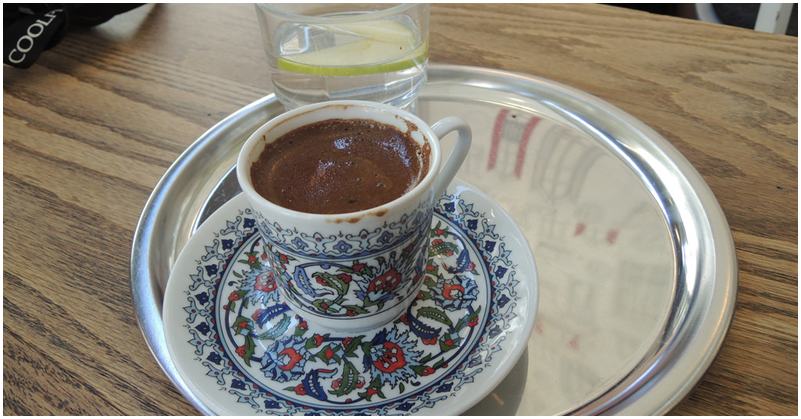
- Do not refuse coffee.
This is especially true when you’re out shopping and are already queuing up to purchase a transaction, as refusing the offer is considered incredibly rude, almost forbidden throughout the Middle East. The simple offer is one of the many ways locals show their hospitality, especially to patrons and new guests.
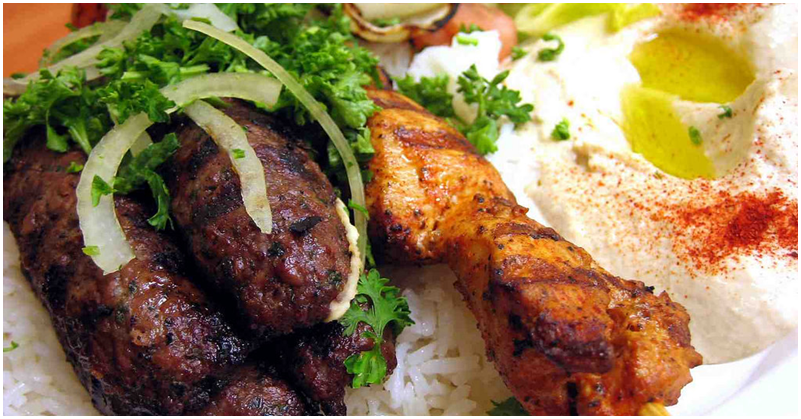
- Pork and Alcohol are off-limits!
This has much to do with Islamic laws which govern the land and the people. The tenets of Islam strictly forbid the preparation and consumption of pork, as well as the selling and consumption of alcohol, especially in public.
Therefore, do not be surprised to not find anything on your menu with these products in most eateries or restaurants in the region.
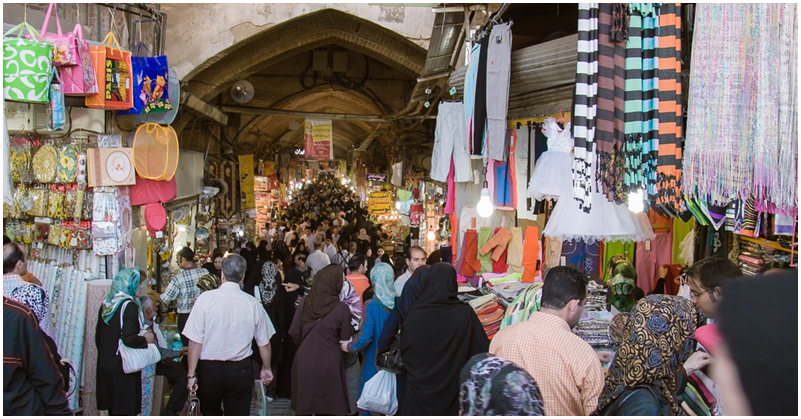
- Do not be afraid to Haggle for your Purchases.
Visiting marketplaces and bazaars in the region can be tricky, especially for first-time visitors in the Middle East. Unlike in Western countries where people simply pay the prices set by the store, most if not all of the locals tend to get on a bit of haggling for the best price. This way of doing business in the region is also seen as a way of building social relations, and thus takes time.
Note: This skill is particularly useful not only for in-store shopping, but also for more practical matters like cab fares, among others.

- Baksheesh is Expected.
For the uninitiated, there are certain money customs in the Middle East which seem to be similar in the West, but they are really not. Such is the case of baksheesh (or the Western counterpart of “tipping”). What’s quite strange about this practice in the Middle East is that anyone can ask for a tip for just about any kind of service, whether it was necessary or not. While in most parts of the Middle East, customers get to decide whether or not they want to tip, but tipping is almost expected by workers in the hospitality industry, including hotel maids, bellhops, valets, and restaurant staff. This is mainly due to the fact that these service jobs are typically low-paying, and that baksheesh make up a large portion of these workers’ income. Otherwise, for other services, there isn’t a need to tip everyone, especially if you didn’t like the service provided!
Travelling in the Middle East should be an exciting endeavour, so much so when you’re prepared to understand and appreciate the uniqueness of their culture, customs, as well as the local traditions of the people.

